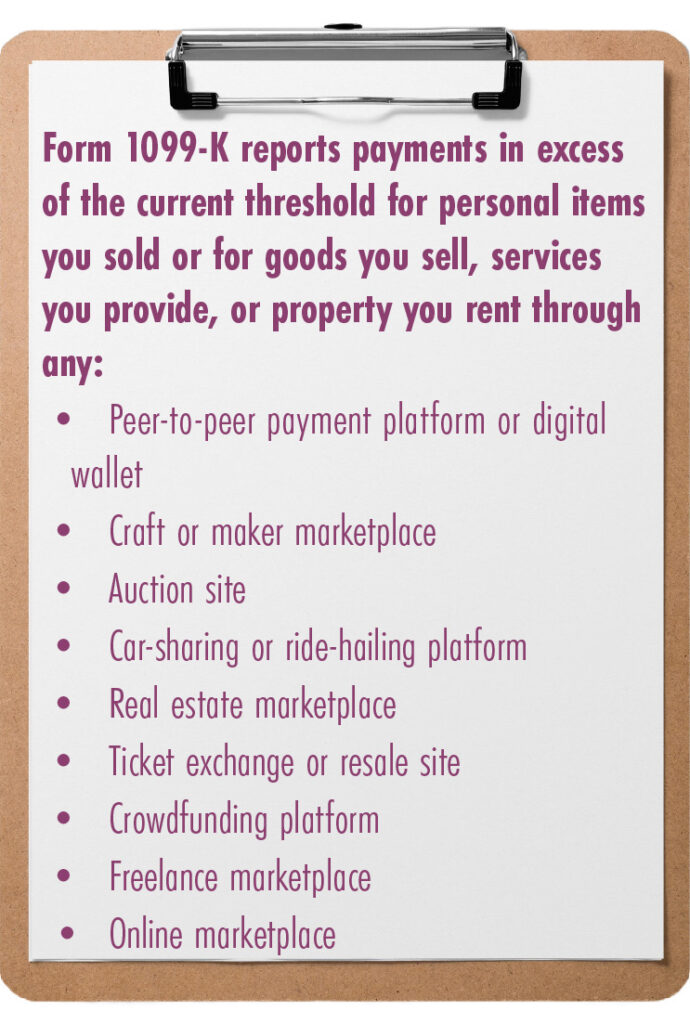Looking to keep your kids occupied after school, on weekends, or during school breaks? Depending on their age and abilities, think about hiring them to work for your business. Both you and the child can benefit.
BENEFITS
Working can help your child develop a sense of responsibility, learn new skills, be productive, and see the reality of holding a job. It can also give them a step up on their peers when it comes time to enter the workforce full-time, whether for your business or elsewhere.
For you personally, you’ll know where your child is and what they’re doing and gain the satisfaction of seeing them grow in confidence and ability.
And because your child will have earned income, you can contribute to an IRA for them subject to the IRA contribution limits.
A TAX PERK FOR YOUR BUSINESS
Your business generally doesn’t have to pay Social Security and Medicare taxes for your child’s work if they’re under age 18. Similarly, payments to your underage-21 child aren’t subject to Federal Unemployment Act (FUTA) tax.
In addition, as with any employee, your business can deduct the child’s salary and potentially lower taxable business income. The child gets a tax break, too. They won’t have to pay income tax if their income for the tax year is less than the standard deduction amount for that year ($14,600 in 2024).
GUIDELINES
Following these general guidelines may help avoid problems when hiring your child.
- The child must be doing legitimate business tasks
- The work should be appropriate for the child’s age and abilities
- Pay your child reasonable compensation similar to what you’d pay another worker performing similar work
- The child’s wages are subject to income tax withholding regardless of age
While children are generally allowed to work for a business owned by their parents, be aware of child labor laws prohibiting children under certain ages from working in certain jobs.
Talk with your tax professional before hiring your child. Rules may vary by business type.






